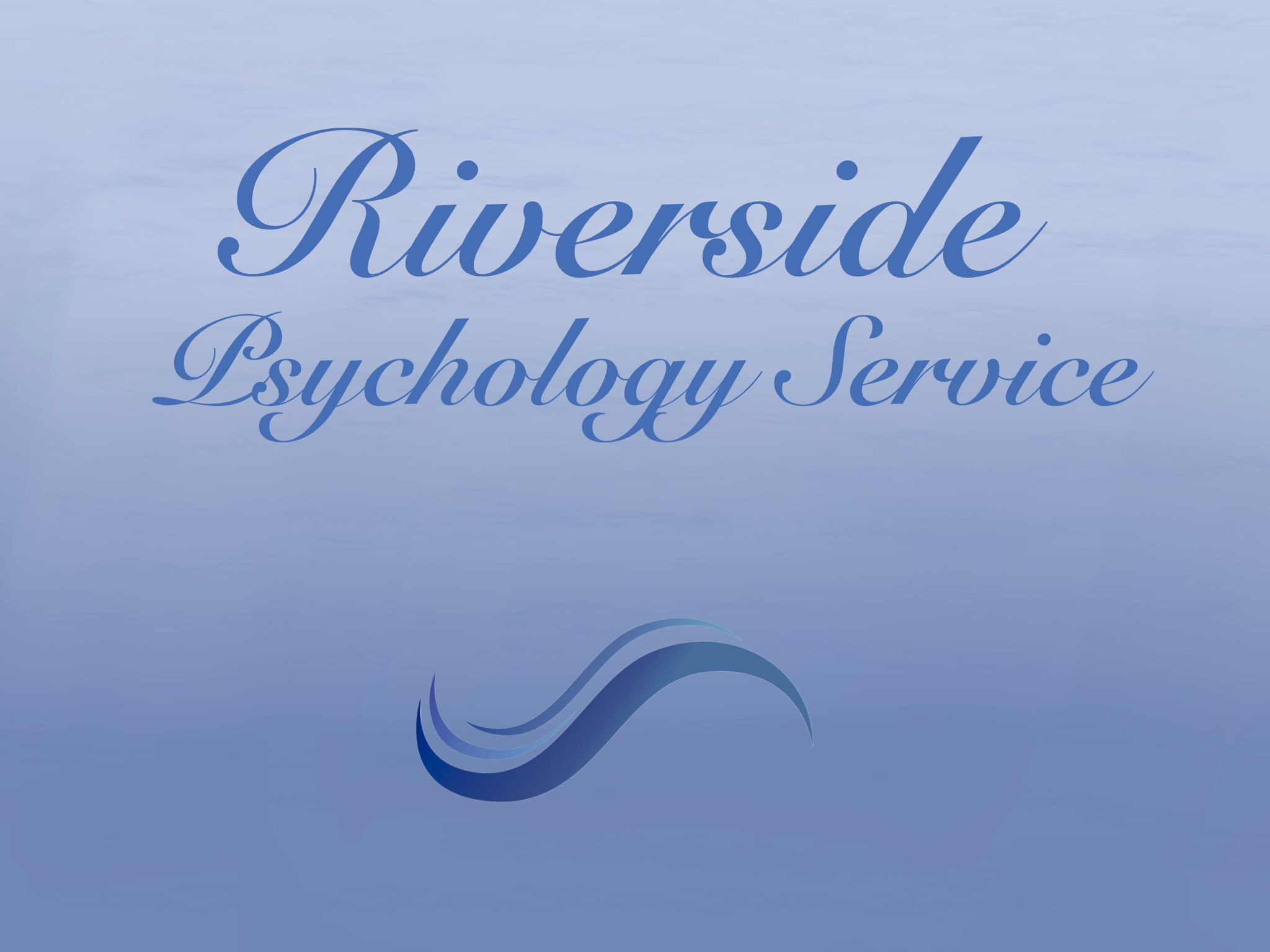A collaborative therapeutic relationship
Counselling Psychology places a great emphasis on the therapeutic relationship. All work is based on a collaborative relationship seeking to assist you to live the life you wish.
Cognitive Behavioural Therapy (CBT)
Over several decades, CBT has moved through a number of ‘waves’. The initial wave of behaviourism was built on with Beck’s idea of cognitive therapy – the belief that our thoughts (cognitions), behaviours and physiology interact to influence our emotions. From the 1990’s, there have been further developments, termed third wave CBT.
Third wave CBT includes the following therapies:
Acceptance and Commitment Therapy (ACT)
The goal of ACT is to increase flexibility by using positive psychological skills, which enable you to live a valued life. These skills include acceptance, cognitive diffusion, being present, self as context, values and committed action.
Compassion Focused Therapy (CFT)
CFT was developed by the psychologist Dr Paul Gilbert, he describes CFT as, ‘…an integrated and multimodal approach… One of its key concerns is to use compassionate mind training to help people develop and work with experiences of inner warmth, safeness and soothing, via compassion and self-compassion.’ (2018)
Dialectical Behavioural Therapy (DBT)
DBT was developed in the late 1980s by Dr. Marsha Linehan and colleagues. Originally developed for working with people with BPD, it has since been found to be beneficial to a wider audience. Within DBT, clients are encouraged to use 4 main strategies to adjust their behaviour: Mindfulness, Distress Tolerance, Emotional Regulation and Interpersonal Skills.
CBT is a well-established method of understanding and treating a number of psychological problems. It is recommended by the National Institute of Health and Clinical Excellence (NICE) as being one of the most effective treatments for emotional and psychological problems, where anxiety or depression is the main component.
CBT can be effectively delivered face to face or on-line.
Eye Movement Desensitisation and Reprocessing (EMDR)
This is an information processing psychotherapy that was developed to resolve psychological symptoms resulting from traumatic experiences. It is recognised as an effective treatment for Post-Traumatic Stress Disorder (PTSD).
EMDR can be effectively delivered face to face or on-line.
Common emotional problems
I can assess and treat a number of emotional and psychological problems, including:
- Depression/Low mood
- Generalised anxiety disorders
- Anxiety disorders
- Agoraphobia and other phobias
- Panic attacks
- Obsessions & compulsions (OCD)
- Trauma (including PTSD)
- Abuse
- Dissociation
- Adjustment / disability
- Work stress
- Bipolar disorder
- Eating disorders
- Self-esteem
- Relationships





